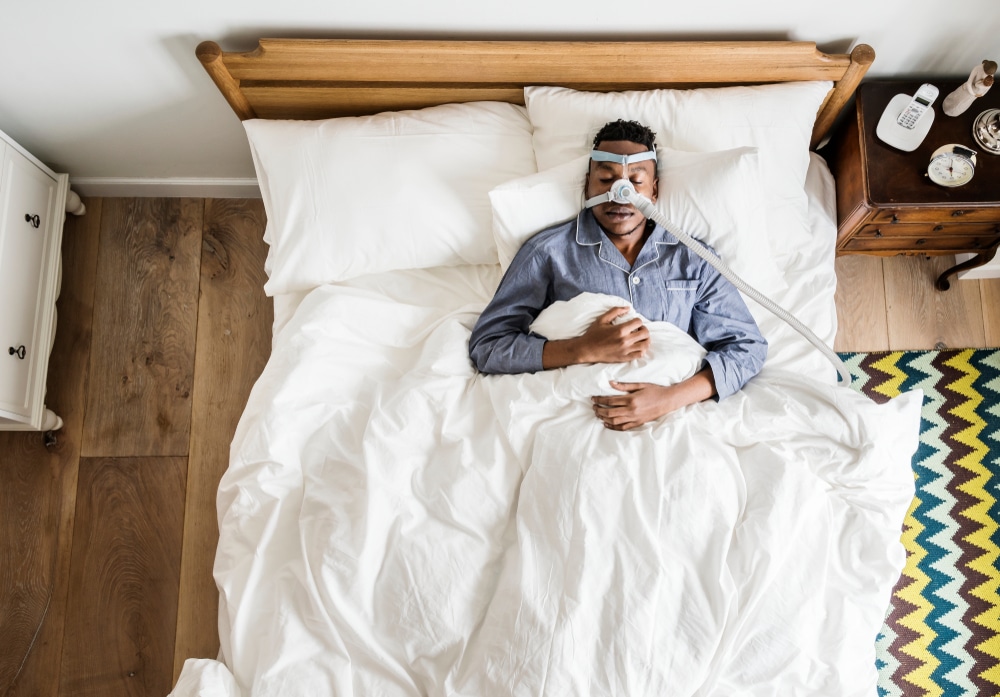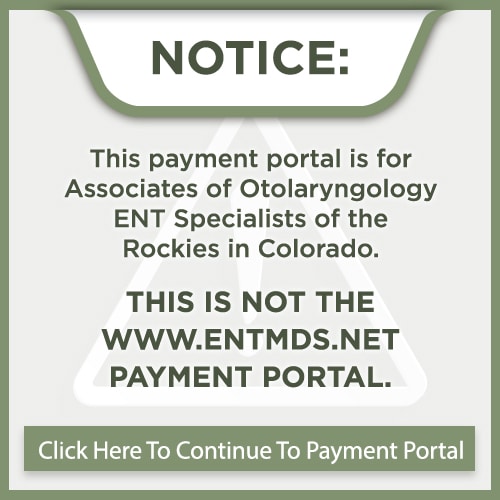Contrary to popular belief, there are multiple kinds of sleep apnea. Simply put, sleep apnea is a condition in which you stop breathing while you’re asleep. There are a few key differences between the three main types of sleep apnea are rooted in brain function and possible obstructions.

What is Central Sleep Apnea Syndrome?
Central sleep apnea is one of the three main types of sleep apnea. Central sleep apnea is mainly characterized by the failure to breathe, This failure to breathe is not due to a physical obstruction, but rather a failed signal to breathe. This type can be caused by an underlying health issue, particularly one that affects the lower that controls your breathing muscles. Central sleep apnea is often associated with another illness but in more rare cases it can happen alone or in conjunction to obstructive sleep apnea.
Symptoms & Diagnosis of Central Sleep Apnea
Snoring is the most noticeable side effect in obstructive sleep apnea. However, snoring rarely occurs in patients diagnosed with central sleep apnea.
Symptoms of central sleep apnea are:
- Drowsiness during the day
- Frequent sleep interruptions – waking up or frequent trips to the bathroom
- Morning headaches
- Poor concentration
- Moodiness
The best way to identify and treat any sleep-related disorder is through an in-office evaluation with your ENT specialist along with a sleep study. These two evaluations will give your doctor the information they need to make a proper diagnosis. Since sleep apnea is often closely associated with another illness it is important to address that illness and treat it accordingly. However, losing weight and maintaining a healthy lifestyle can reduce the negative side effects.
Schedule a Consultation in Denver, Lone Tree or Castle Rock
If you think you may have sleep apnea or another sleep disorder, give us a call to schedule an office evaluation. Associates of Otolaryngology is ready to help you find your treatment plan.







